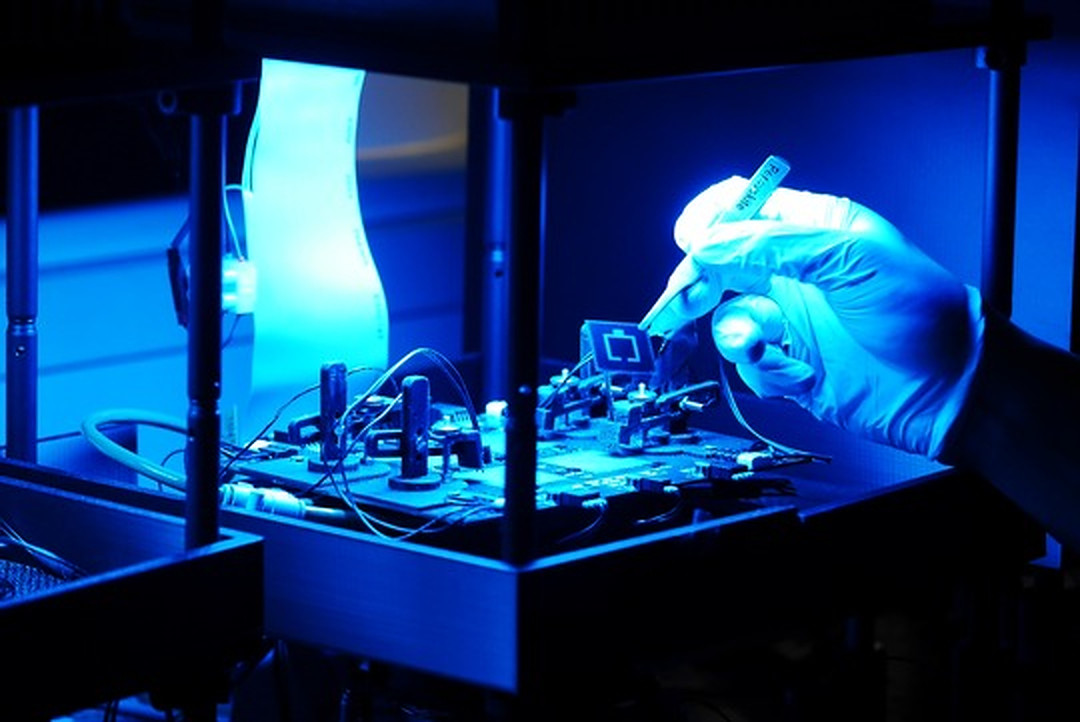From pv magazine Global
Researchers from South Korea-based solar manufacturer Hanwha Q Cells and German research institute Helmholtz-Zentrum Berlin (HZB) have announced they have achieved a power conversion efficiency of 28.7% for a two-terminal perovskite-silicon tandem solar cell.
The device is based on a silicon bottom cell relying on Hanwha Q Cells’ monocrystalline Q.antum half cell technology and a perovskite-based top cell. “This latest record efficiency result, of 28.7%, is an improvement of almost one percentage point compared with the 2020 record value of 27.8%,” the module maker said in a statement. “This boost in tandem efficiency has been enabled by improvement of both the perovskite and the silicon subcells.”
“Our experts have achieved several world records for tandem cells combining perovskite top cells with other bottom cells on a laboratory scale,” added HZB researcher Bernd Rech. “It is remarkable how close the jointly achieved efficiency with a mass-production ready bottom cell already comes to what we can reach at a lab scale.”
No more technical details on the solar cell technology were provided.
In November, the HZB claimed to have produced a perovskite/silicon tandem solar cell with a world record efficiency of 29.80%. That result, which has been certified by Germany’s Fraunhofer Institute for Solar Energy Systems’ (ISE) CalLab, was also included in the charts of the U.S. Department of Energy’s National Renewable Energy Laboratory. It improved upon the previous world record, achieved by perovskite developer Oxford PV in December 2020, when the UK-based company announced a power conversion efficiency of 29.52% for its perovskite/silicon tandem device.
All the technical details of the Hanwha-HZB record solar cell can be found in the paper “Monolithic perovskite/silicon tandem solar cell with >29% efficiency by enhanced hole extraction,” which was published in Energy in December 2020, when the same research team achieved an efficiency of 29.15%.
This content is protected by copyright and may not be reused. If you want to cooperate with us and would like to reuse some of our content, please contact: editors@pv-magazine.com.









5 comments
By submitting this form you agree to pv magazine using your data for the purposes of publishing your comment.
Your personal data will only be disclosed or otherwise transmitted to third parties for the purposes of spam filtering or if this is necessary for technical maintenance of the website. Any other transfer to third parties will not take place unless this is justified on the basis of applicable data protection regulations or if pv magazine is legally obliged to do so.
You may revoke this consent at any time with effect for the future, in which case your personal data will be deleted immediately. Otherwise, your data will be deleted if pv magazine has processed your request or the purpose of data storage is fulfilled.
Further information on data privacy can be found in our Data Protection Policy.